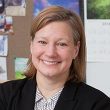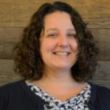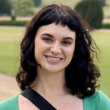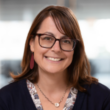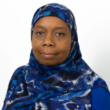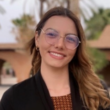NSF’s Alliances for Graduate Education and the Professoriate (AGEP) program contributes to the National Science Foundation’s objective to foster the growth of a more capable and diverse research workforce in science, technology, engineering, and math (STEM).[1]
The AGEP 2024-2027 National Research Conference Series will bring together hundreds of AGEP awardee team members with the goal of advancing community knowledge and broadening the impacts of equity-centered academic STEM career pathways, institutional and systemic change, intersectionality, and institutionalization.
The conference objectives are:
- To celebrate the AGEP program awardees by bringing project teams together in one place to share and learn from each other while commending the outcomes and impacts of their work.
- To connect AGEP awardee teams with field experts who are knowledgeable about and who research institutional and systemic change, intersectionality, and institutionalization; and
- To support the AGEP awardee teams and the public by providing an online conference website that provides annual conference materials and proceedings as well as a printed annual proceedings publication.
[1] Building the Future Investing in Innovation and Discovery: NSF Strategic Plan 2018-2022. Available at: https://www.nsf.gov/publications/pub_summ.jsp?ods_key=nsf18045.

